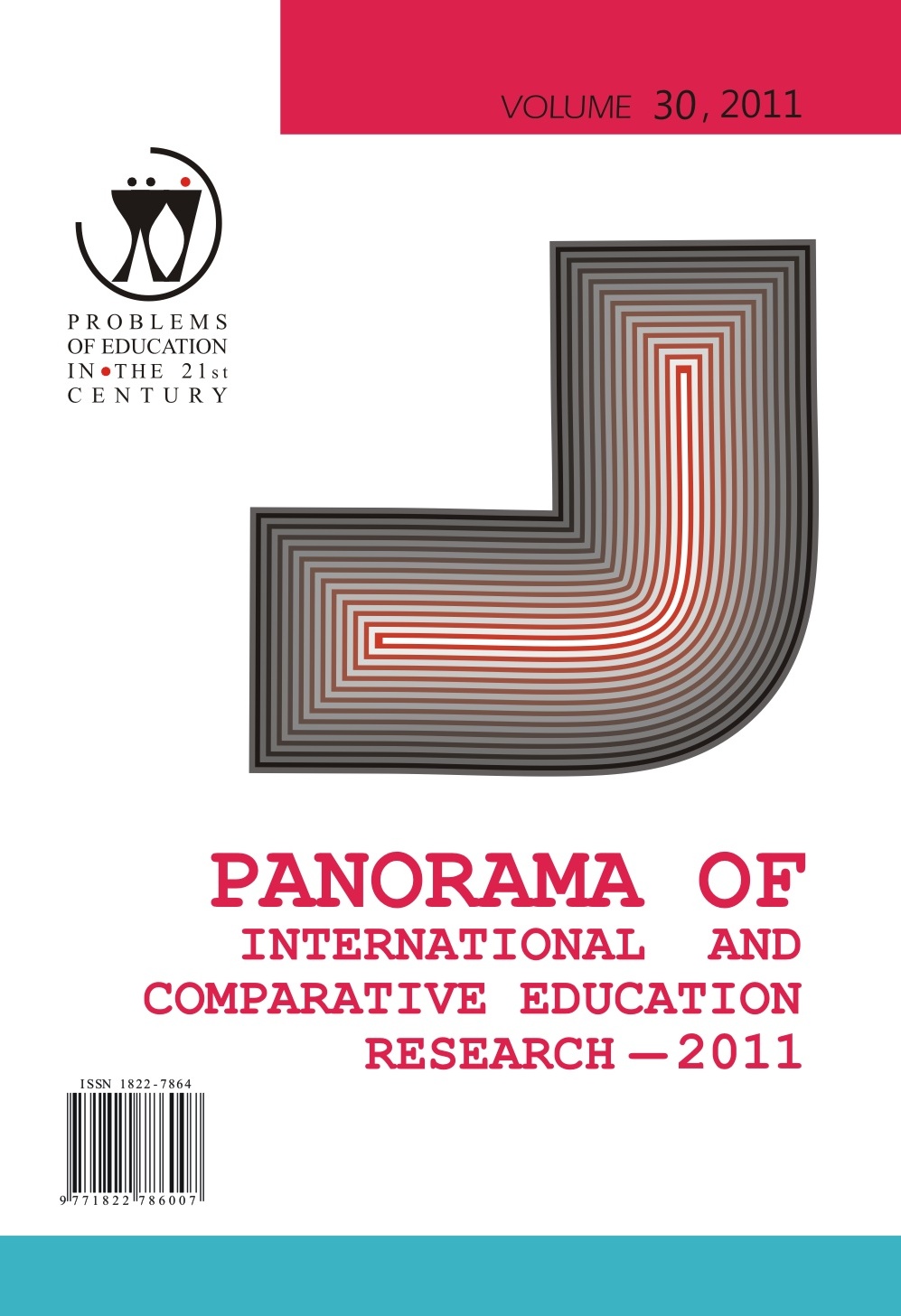THE ROLE OF METACOGNITION IN EVERYDAY PROBLEM SOLVING AMONG PRIMARY STUDENTS IN KENYA
THE ROLE OF METACOGNITION IN EVERYDAY PROBLEM SOLVING AMONG PRIMARY STUDENTS IN KENYA
Author(s): Catherine M. Aurah, Setlhomo Koloi-Keaikitse, Calvin Isaacs, Holmes FinchSubject(s): Social Sciences, Education
Published by: Scientia Socialis, UAB
Keywords: cognition; metacognition; problem solving;
Summary/Abstract: Metacognition is an important dimension of problem solving because it includes problem-relevant awareness of one’s thinking, monitoring and regulation of cognitive processes, and application of heuristics. This study investigated the effect of Metacognition on problem solving among 150 students at Muraka Primary School, Kenya in June 2010. Students answered a 25-item self-report Metacognitive Awareness Inventory (MAI), and a 1-item multiple choice Problem solving questionnaire (PSQ). Data were analyzed using linear regression and ANOVA. Results indicated that metacognition is a good predictor of problem solving ability. Students showed significant differences in problem solving based on grade. There was also a significant difference in metacognition level based on grade. These results imply that metacognitive ability develops with age, such that the higher the grade levels the higher the metacognitive ability. Therefore, understanding the role of metacognition in children’s everyday problem solving may lead to the development of more effective instruction, by teachers, which incorporates metacognitive skills to help children improve in their problem solving skills and overall academic achievement.
Journal: Problems of Education in the 21st Century
- Issue Year: 30/2011
- Issue No: 1
- Page Range: 9-21
- Page Count: 13
- Language: English

